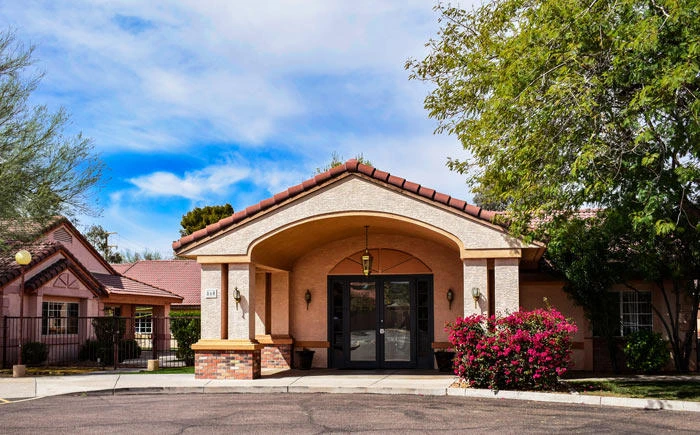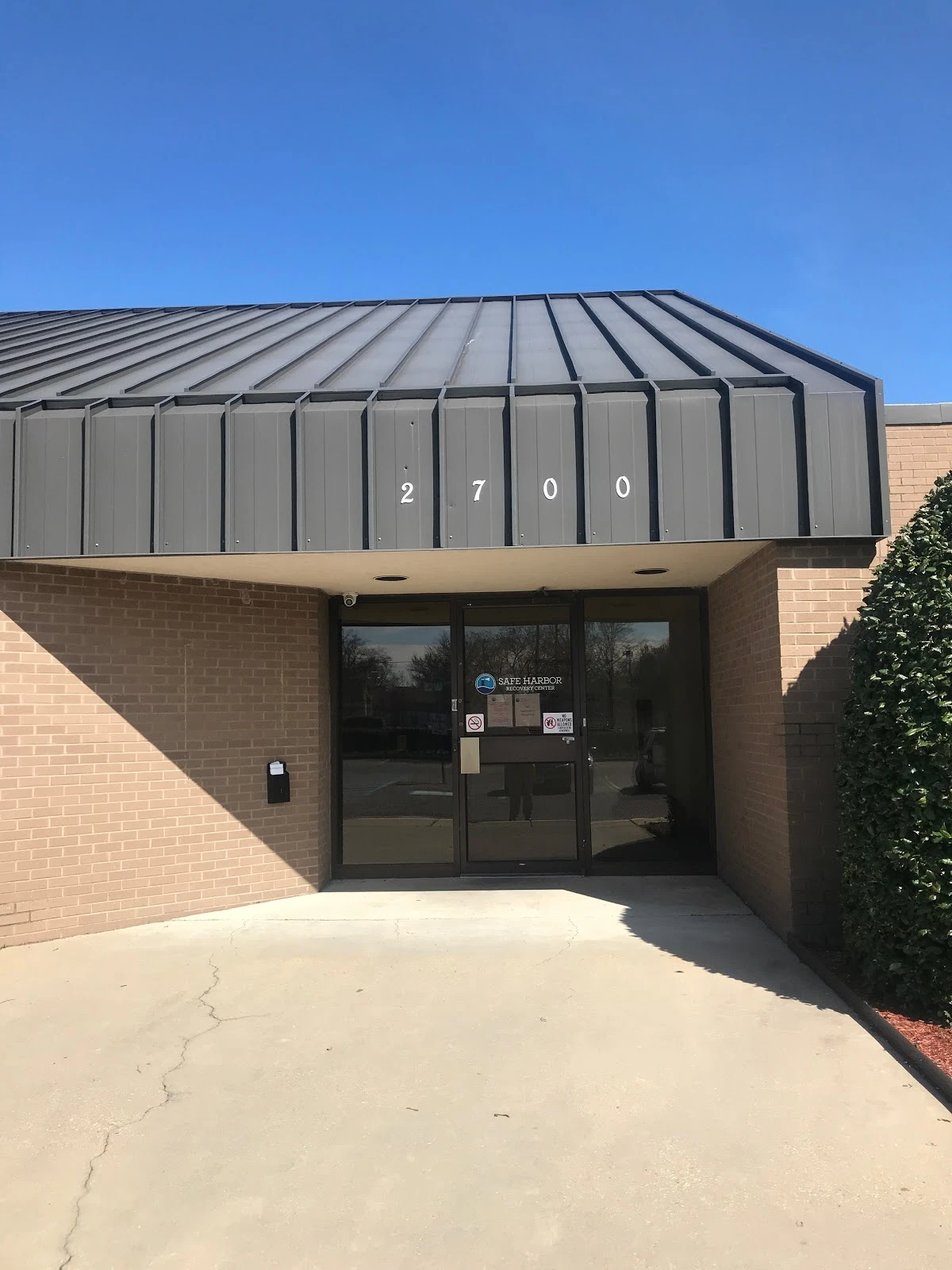Willingway, located in Statesboro, Georgia, offers a comprehensive array of treatment programs tailored to address substance use disorders and related challenges. Among its offerings are medical detoxification, inpatient treatment, and outpatient services, all designed to provide a continuum of care that meets the individual needs of each client.
The detoxification program at Willingway is highly structured, ensuring that clients are closely monitored and kept safe throughout the withdrawal process. This phase is crucial for stabilizing individuals and preparing them for further treatment. The inpatient program, which can extend up to six weeks depending on the client’s progress, employs various treatment modalities, including individual and group therapy. The program also integrates 12-step meetings, which are foundational to the recovery process, along with relapse prevention strategies to equip clients with the tools necessary for long-term sobriety.
For those needing additional support post-inpatient treatment, Willingway offers the Sober Living Environments (SLE) program, an extended care option that helps clients transition back into daily life while maintaining their recovery. This program provides a structured, supportive environment where individuals can continue their journey toward sustained sobriety.
Willingway also recognizes the unique needs of different populations. The facility provides a specialized adolescent program for youths aged 14 to 18, which includes detoxification, residential treatment, and partial hospitalization. Understanding the importance of tailored care, Willingway also offers a veterans program, addressing the specific challenges faced by those who have served in the military.
Accredited by The Joint Commission, Willingway upholds the highest standards of care, ensuring that every client receives quality treatment designed to foster recovery and promote lasting change.



















